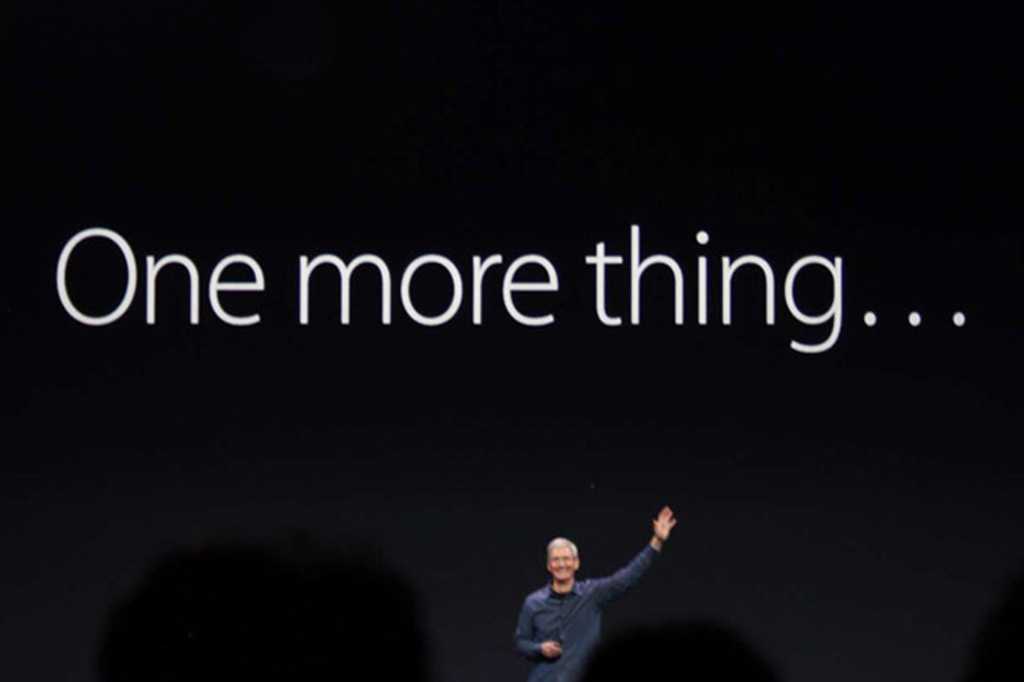When 2020 came to a close, Apple was on a bit of a tear. Over the final three months of the year. It launched the Apple Watch SE and Series 6, the iPad Air, HomePod mini, iPhone 12 series, and M1 Macs, along with a surprise December AirPods Max launch. We naturally assumed the pace would continue into the new year, with rumors swirling about new AirPods, iPads, AirTags, Apple TV, and iMacs all launching in early 2021.
We haven’t gotten any of them. The rumors of a March event never came to pass and now we’re hearing that there probably won’t be one in April either. And out of all those new products we were expecting, only iPads appear to be on the way.
In fact, Apple has never waited this long into the new year to announce a new product. It’s the first time since 2014 that it hasn’t launched a new iPad in March (though it landed on April 1 that year), and you need to go back to 2013 to find a year without the launch of significant new product or update.
So what gives? Is Apple just building anticipation for the new things that we all know are on the way? Not exactly. Though hype might be part of it, there are much bigger forces that are keeping Apple’s products at bay for just a little longer. And they could end up affecting every product Apple is planning on releasing this year, including the iPhone 13.
Production woes
A report in Nikkei Asia Thursday confirmed that a worldwide supply crunch has caused production delays in MacBooks and iPads, two devices that should have been shipping soon. In particular, “a shortage of displays and display components” have affected iPad production, while MacBooks were hit with a more specific problem concerning “the mounting of components on printed circuit boards before final assembly.”
Chip shortages could have a major impact on Apple’s 2021 roadmap.
Apple
According to the report, Apple pushed both products, which were scheduled to ship in the first half of 202, to the second half of the year. Most likely, the products in question are the 14-inch and 16-inch MacBooks and the 9.7-inch iPad, but it’s almost certain that the delays affecting these models have also impacted the rest of the products due to arrive in 2021, including the iPad Pros that are rumored to arrive next week.
And that’s to speak nothing of chip shortages, which have been a worldwide problem for many months, affecting everything from graphics cards to cars to Android smartphones. This is the first report we’ve read about it affecting Apple, but the company has no doubt felt the impacts for months. First, Apple’s fall product lineup was shifted from its usual schedule. Then the iPhone arrived more than a month later than usual. And finally, the AirPods Max sold out instantly and were back ordered for months.
Those aren’t out of the realm of the normal Apple delays, but it was definitely a sign that things were definitely getting backed up. And now that the chip shortage has gotten even tighter, we’re seeing longer and more noticeable delays. The supply crunch was exasperated by the Ever Given cargo ship that got stuck in the Suez Canal and disrupted the supply chain even further. To put it mildly, the production issues Apple is facing could get a whole worse.
Events in flux
We’ll never know for sure if Apple was planning on holding a March event, but if it was, the fact that it would have been virtual gave them some valuable flexibility. It’s entirely possible that there’s a video keynote at Apple Park that simply won’t see the light of day because the products that were supposed to be unveiled aren’t ready.

WWDC will be virtual again and could be the first Apple event of the year.
Apple
The virtual events also let Apple space things out to generate maximum visibility. In a normal year, Apple would never have help three events last fall, but with online keynotes, events can be scheduled at a moment’s notice, shifted on a dime, scheduled and re-scheduled when things are ready. In previous years, Apple might have held an event and shipped products weeks later, but now it can wait as long as it has to.
Waiting also helps build anticipation, which is something of a double-edged sword. The more people wait, the higher expectations get and the easier it is to be let down. There’s a reason why Apple likes to space out its product launches and if new iPads arrive next week, my guess is there won’t be man event until WWDC.
All eyes on iPhone
Nikkei Asia reports that iPhones “have so far not been affected by the supply shortage,” but it also says supplies of some components are “quite tight.” That could mean another October launch for the iPhone 13, with staggered shipments to help ease the supply constraints.

We probably won’t see Tim Cook live on stage for at least another year.
Apple
But it could also be much worse. There are no signs that the chip shortage is getting any better —GM and Ford just halted production at several factories due to chip shortages—so Apple might need to prioritize the A15 chips in the iPhone 13 to salvage the holiday quarter. That could mean some M1 Macs that were due to arrive in 2021 get pushed to 2022 as well as other products.
So while we’ve never had to wait this long for a new or refreshed Apple device, it looks like new iPads will be arriving very soon. However, the wait for the next one might be a whole lot longer.
Michael Simon has been covering Apple since the iPod was the iWalk. His obsession with technology goes back to his first PC—the IBM Thinkpad with the lift-up keyboard for swapping out the drive. He’s still waiting for that to come back in style tbh.

